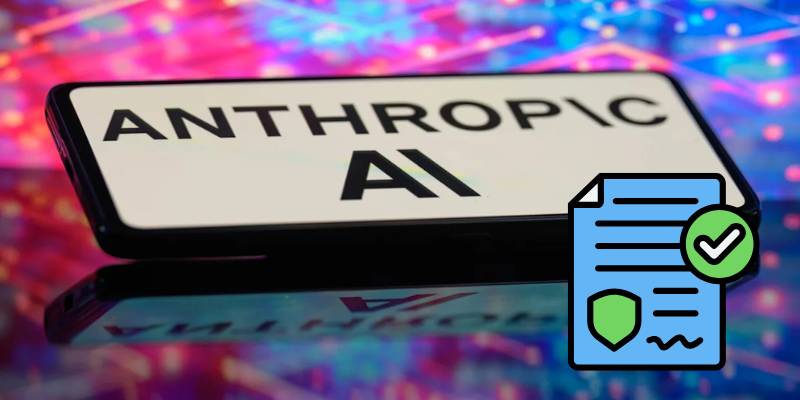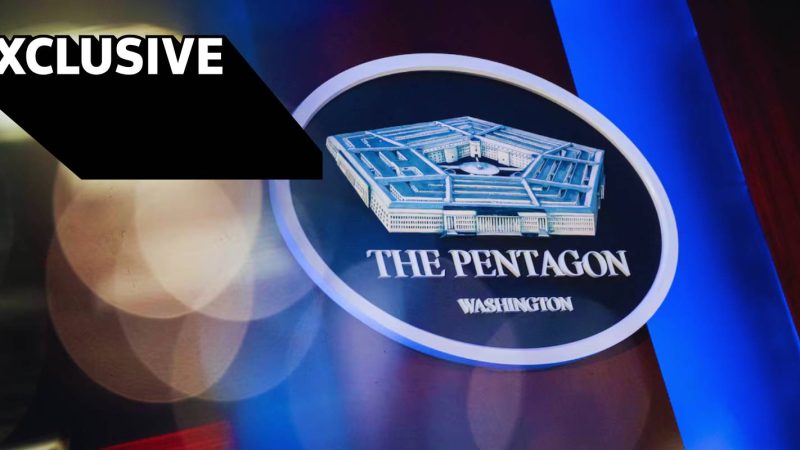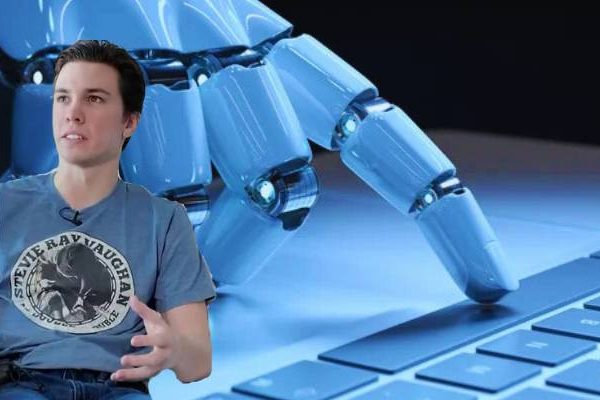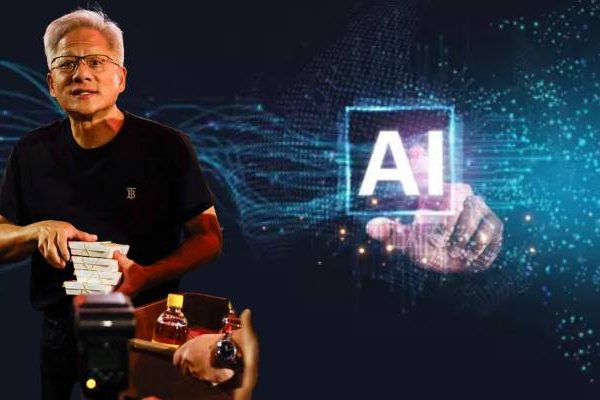
$1.5 Billion Settlement Shakes Up AI: Anthropic Strikes Deal with Authors in Copyright Clash
A court in San Francisco has given the green light to a $1.5 billion settlement between AI company Anthropic and a large group of authors who accused the firm of illegally using their books to train its language models.
The decision, revealed this week, marks one of the most significant financial resolutions so far in the escalating legal battles between the creative industries and artificial intelligence developers.
The settlement comes after months of heated arguments that Anthropic’s Claude model was built on data scraped from hundreds of thousands of copyrighted works without permission.
According to Reuters, the lawsuit alleged more than 465,000 books were pulled into the training process, many from pirated sources, sparking outrage among authors and publishers.
The case echoes the ongoing turmoil in the industry, where writers worry about being cut out of the equation.
The Authors Guild, which has already sued OpenAI, previously warned that “generative AI threatens to flood the market with derivative works.”
Their concerns sound eerily similar to those raised in The Guardian, where prominent writers argued that AI systems were effectively cannibalizing creative labor without compensation.
What’s fascinating here is how this settlement sets a precedent—an unspoken roadmap for future cases.
If one company is willing to cough up billions, others might be forced to strike deals or risk long, costly court battles.
Some industry analysts even compare it to the early battles over digital music piracy, where lawsuits paved the way for platforms like Spotify.
The legal landscape is clearly shifting, and not just for Anthropic. A recent New York Times report highlights how publishers are pushing for compensation from OpenAI, underscoring how widespread this fight has become.
What’s curious, though, is that Anthropic managed to secure this agreement at a time when it’s aggressively positioning itself as a safer alternative to other big AI players.
The company has frequently emphasized its “Constitutional AI” approach, designed to align machines with human values.
Yet, behind the rhetoric, there’s the uncomfortable reality that these models can’t be trained without massive datasets—and those datasets almost always include human-created work. The settlement is a recognition of that tension.
If you zoom out, the implications ripple far beyond Silicon Valley. Regulators in Europe are already drafting new AI rules, with the European Union’s AI Act aiming to impose stricter transparency and copyright standards.
Meanwhile, U.S. policymakers are under growing pressure to modernize copyright law, which wasn’t designed to handle algorithms capable of mimicking human creativity at scale.
On a more personal note, I can’t help thinking about what this means for ordinary writers—the ones who don’t have lawyers or lobbyists on their side.
For them, this settlement isn’t just a headline. It’s a glimpse of hope that their work, their voices, and their sweat might still carry weight in a market increasingly tilted toward automation.
At the same time, it’s a reminder that tech companies often move fast and only start negotiating once they’re caught.
There’s also the public’s trust to think about. If consumers feel that AI outputs are built on the back of exploitation, the shine wears off quickly.
And if trust erodes, even the slickest copywriting tools or chatbots might not survive the scrutiny.
As AP News points out, this case is likely to fuel wider debates about the ethical limits of AI development, especially in creative industries.
So where does this leave us? Somewhere between excitement and unease. On one hand, the idea of AI systems capable of producing polished writing in seconds feels like something straight out of science fiction.
On the other, when those systems rely on unpaid labor, it raises uncomfortable questions about fairness, ownership, and respect.
The $1.5 billion deal doesn’t solve the problem, but it signals a turning point. And in the years ahead, that number may look less like a resolution and more like the opening bid.





















